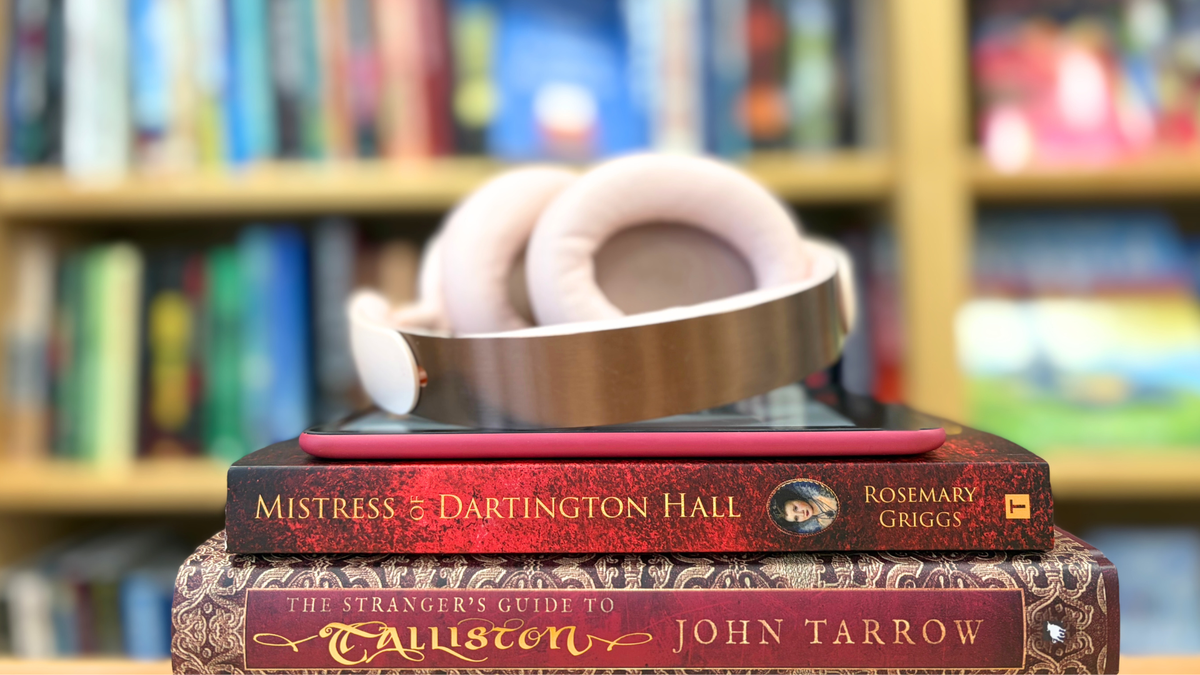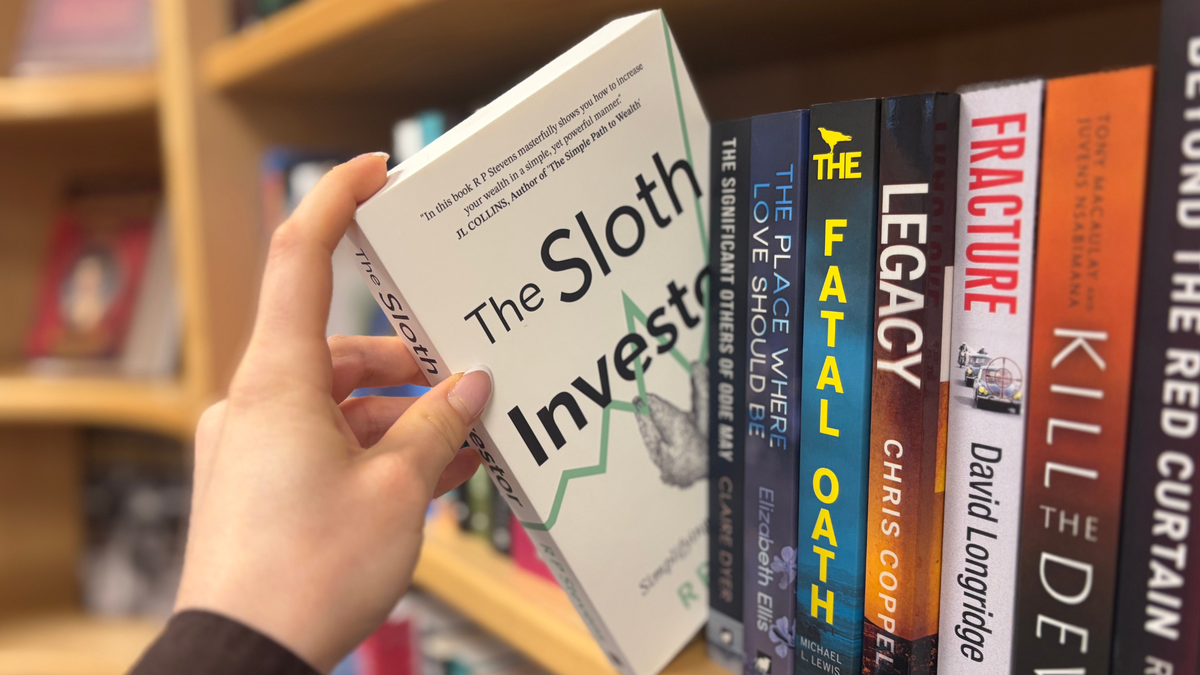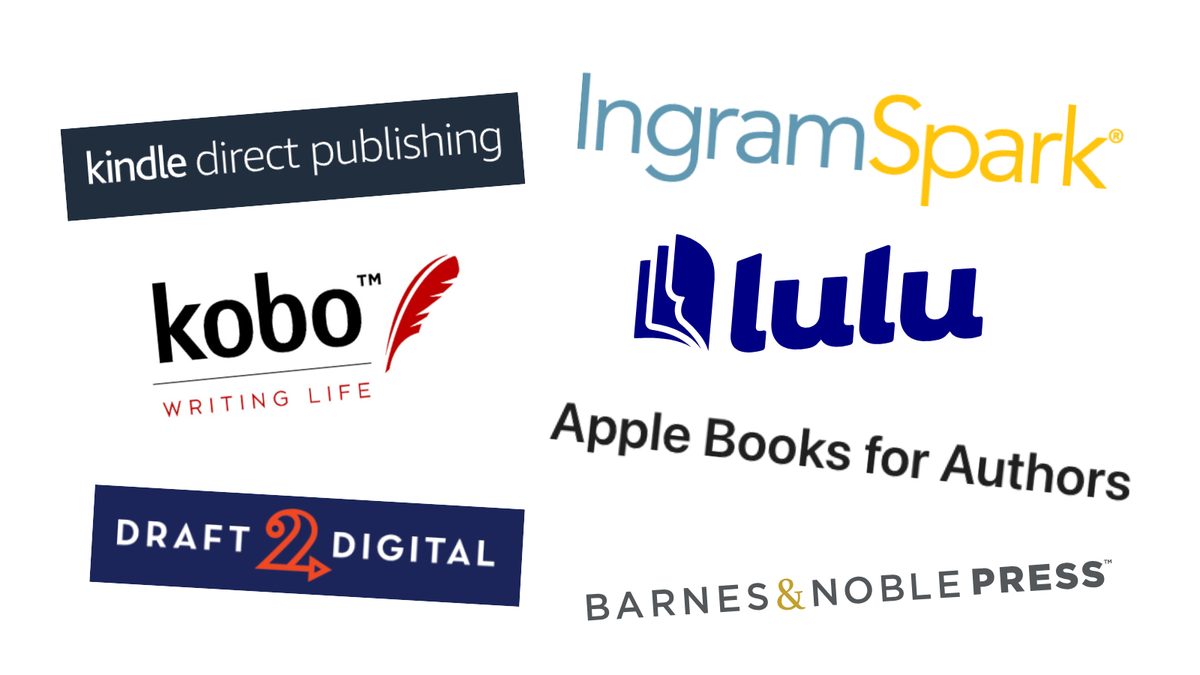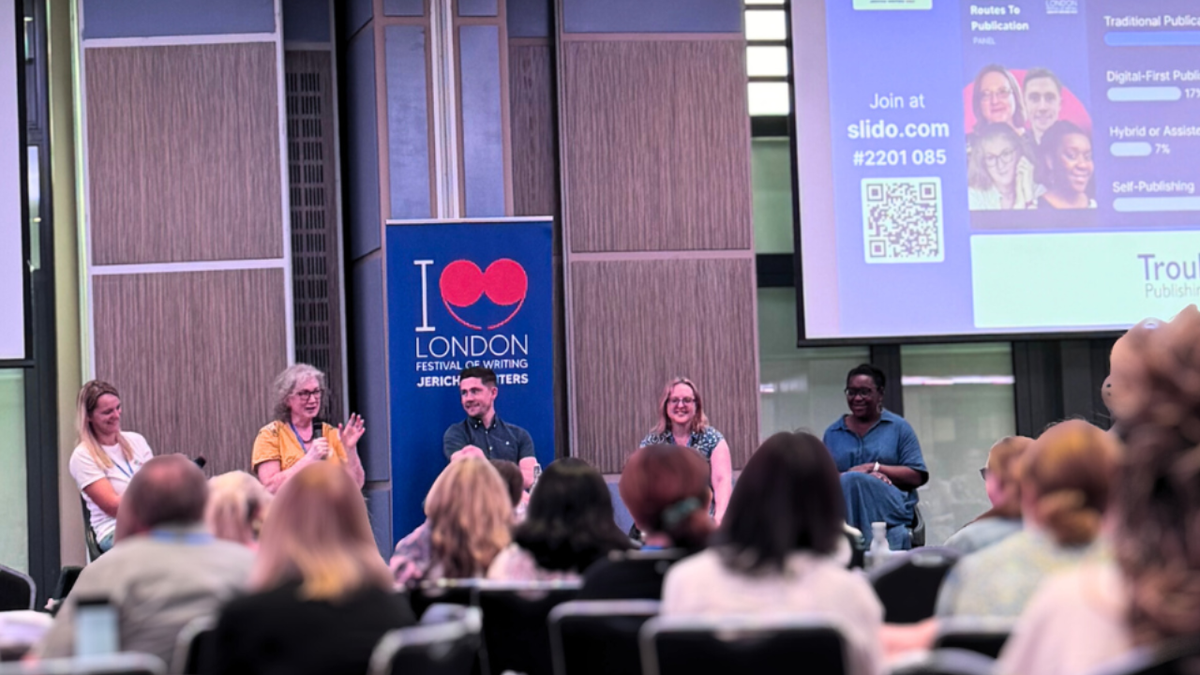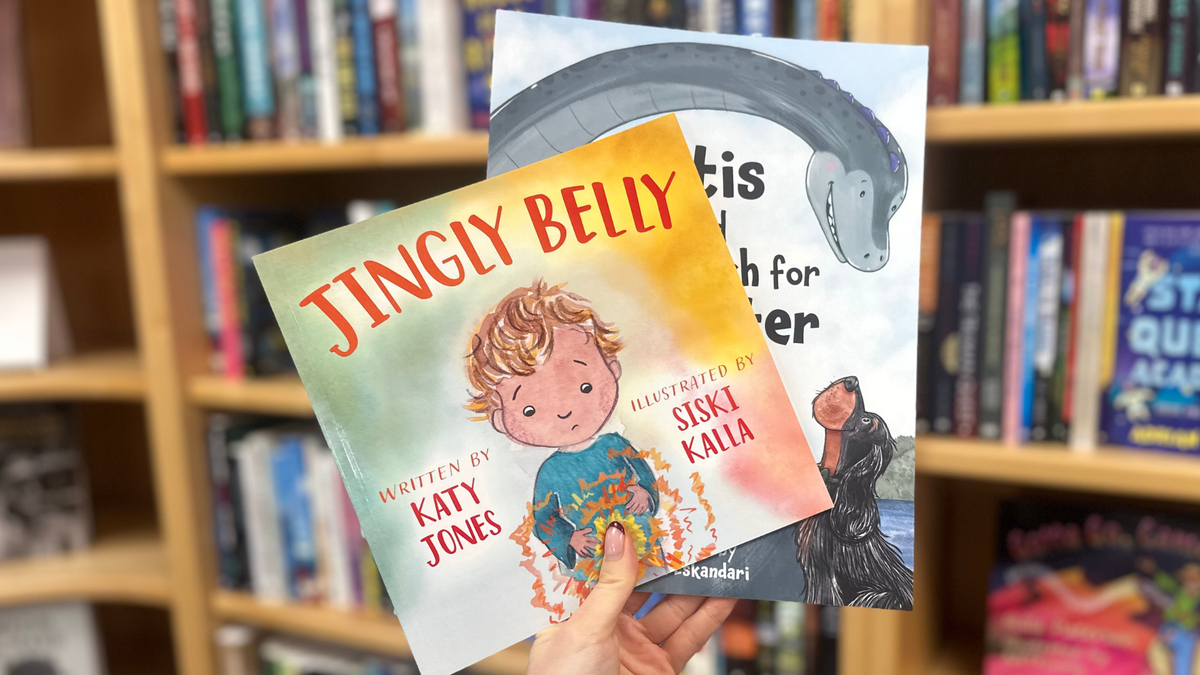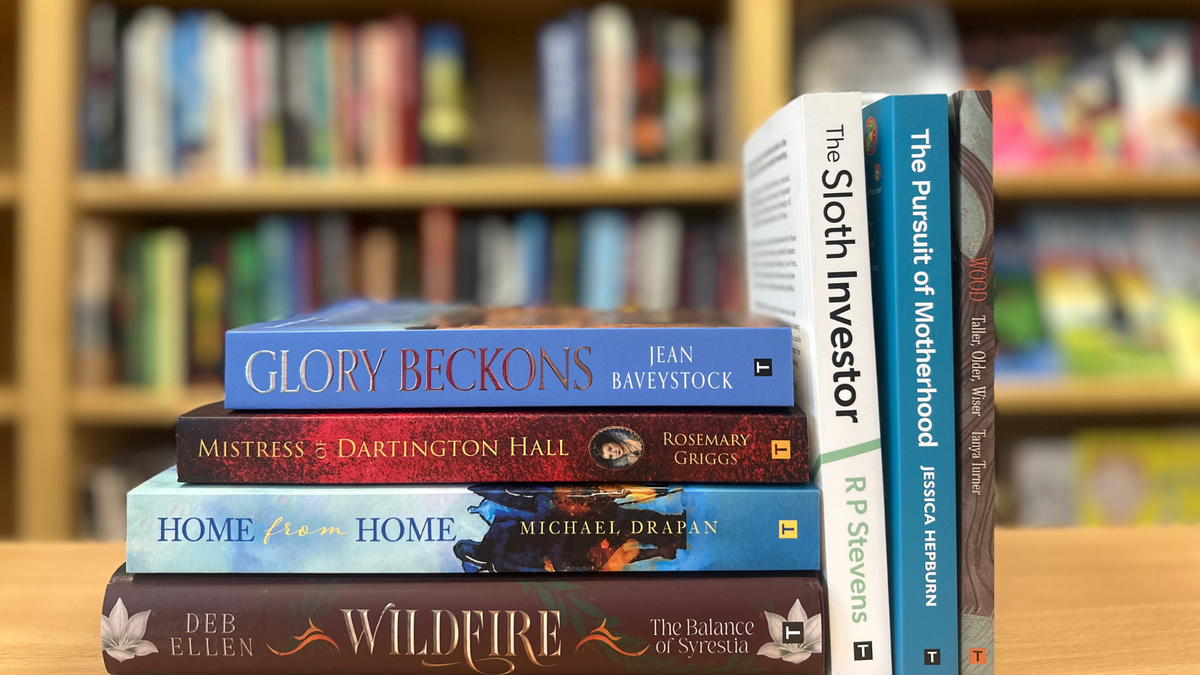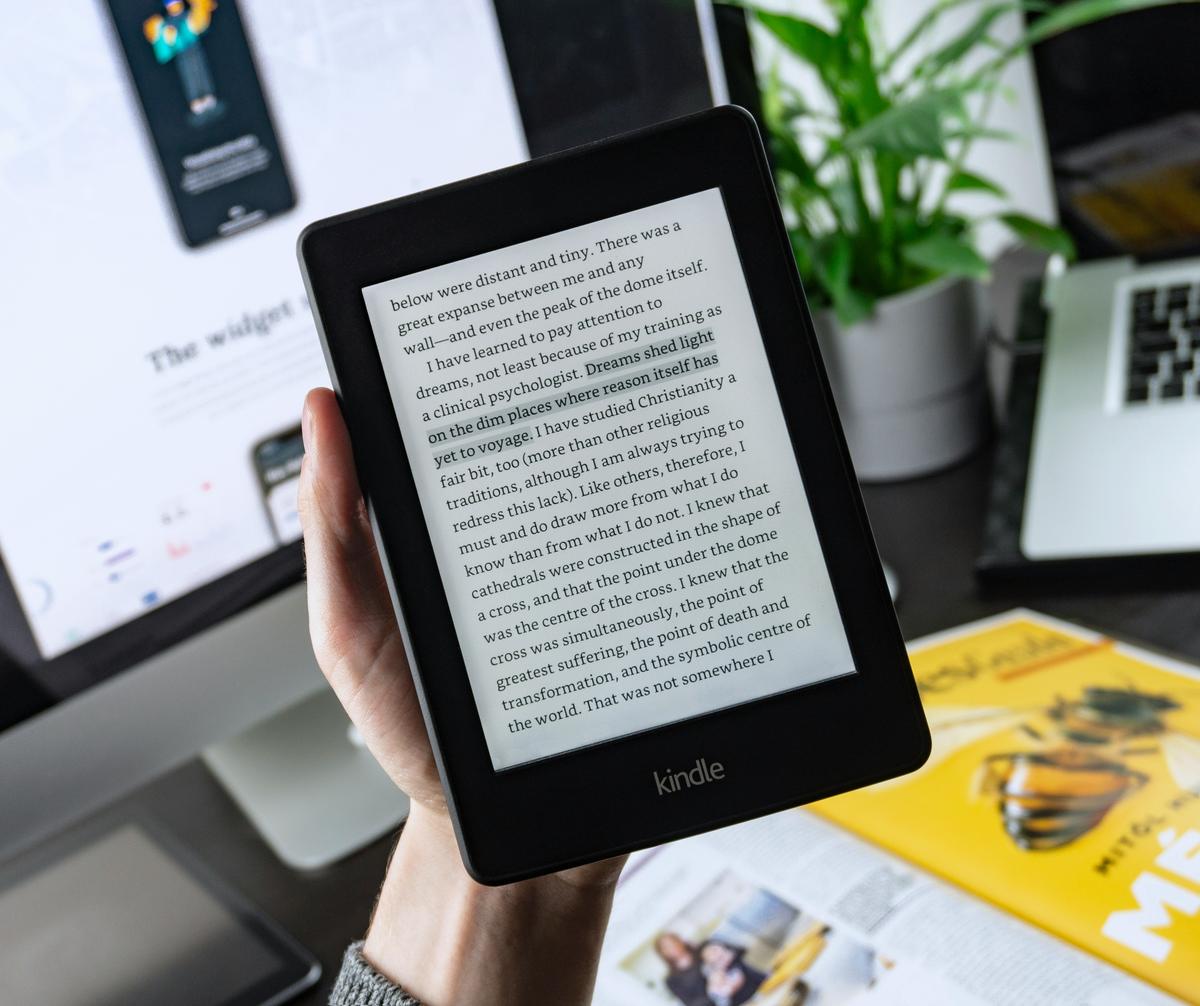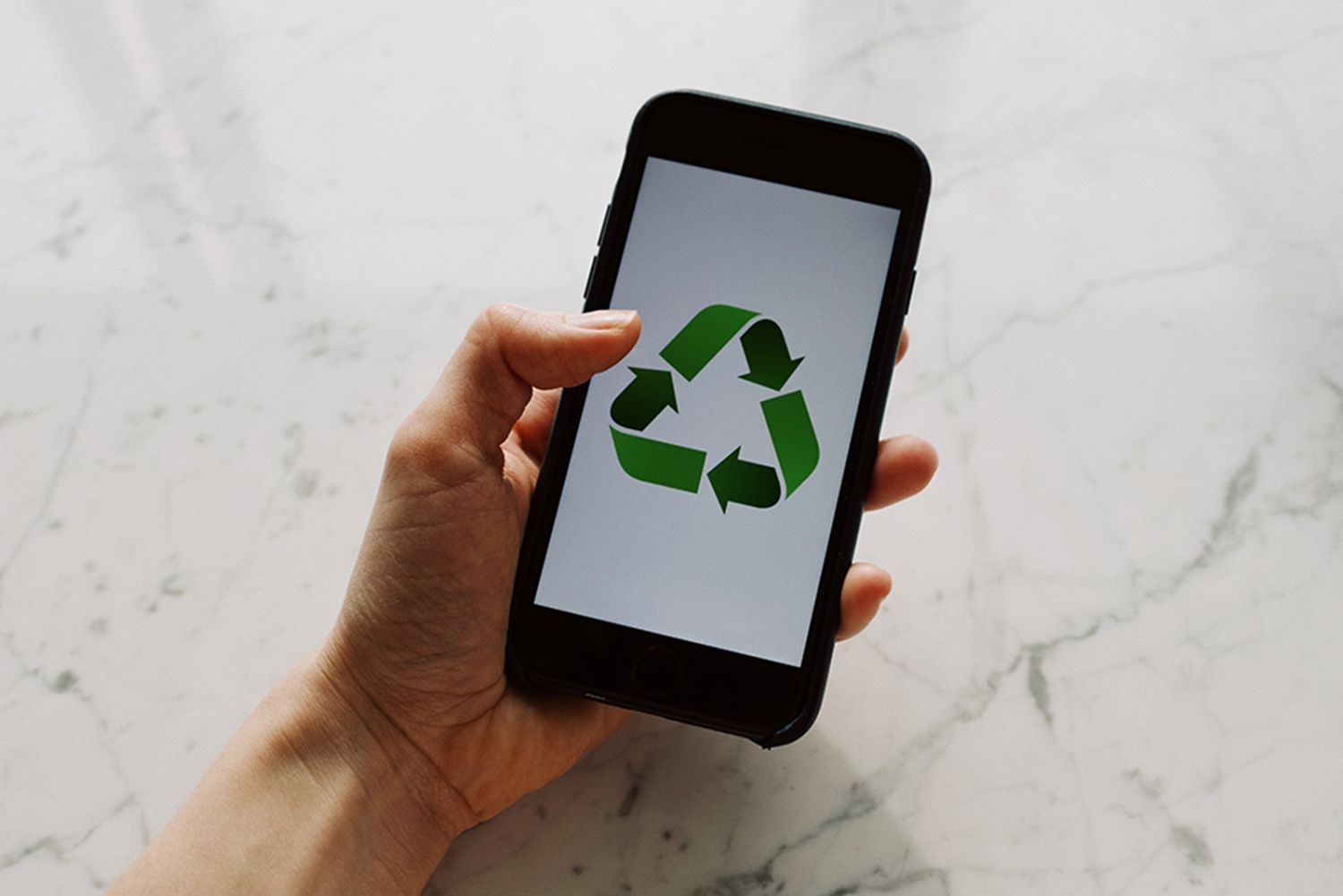
8th April, 2020
5 min read
Publishing and the Environment: How we're leading the change
Written by:
Jane Rowland
Operations Director, Jane Rowland, discusses how we are taking further steps to become more eco-friendly at Troubador.
At a time when there is a focus on climate change and our impact on the environment, it is inevitable that publishers will also start asking themselves hard questions about the carbon footprint of making and selling books. At recent publishing conferences I’ve attended, there have been discussions about this very topic, with a realisation that publishing and printing have a part to play in the debate. Publishing can be a resource-heavy process: printing books requires paper, and most papers are imported. Printing uses a variety of inks, glues and chemicals in the process and, once printed, books then need shipping to distributors, authors, customers – which takes both energy and packaging. Then, at the end of their lifetime, books are often unmade (pulped). We’ve been quietly putting measures in place for some years to try to offset the impact our publishing has on the environment – here is a flavour of what we have been doing.
Printing and Papers: When it comes to printing, we work closely with our printers. We match print jobs to the printing firm most suited to that project and no longer use printers outside the UK – which reduces transportation and shipping. All of our offset and long-run printers work with papers certified by the FSC (Forest Stewardship Council), which sets up guardian and stewardship schemes for forest management, ensuring that any trees felled for paper-making are replanted – and books printed on such papers carry the logo to show that they are compliant.
Print on Demand printers, at this stage, do not use FSC papers – but they do claim to source responsibly. Both our Production Manager Chelsea Taylor and MD Jeremy Thompson have visited a papermill in Sweden where some of the papers we use are produced. This has given them an understanding of the FSC scheme, and the paper-making processes themselves.
FACT: Think ebooks are the solution? Ebooks are consumed on e-readers and phones, which themselves have a heavy environmental impact in terms of their manufacture and post-life destruction. However, an e-reader kept and used for several years by a heavy book reader does eventually even out its carbon footprint.
Distribution: An area of the publishing process that sees another big carbon footprint is the distribution side – books are shipped from distributor to bookshop and customers – using packaging, fuel and energy. We have put measures in place to reduce the carbon footprint on our deliveries by rationalising deliveries as far as possible – which means that at Troubador, Tuesday is goods-in day at the warehouse, where Distribution Manager Sam Copson is busy accepting pallet deliveries, creating new consolidated shipments for our authors and trade customers.
We took back our own distribution in 2022 so that we can limit the road miles our books do from print > to warehouse > to reader.
The warehouse has also initiated a pallet recycling scheme, with unused pallets recycled via a local firm and damaged pallets taken away to be mended and put back into use. Many of our unused pallets have also found themselves in community projects –for projects such as bug houses! We’ve recently been experimenting with a variety of eco-packaging for all our deliveries – both boxed and enveloped – with ongoing experiments to find the most robust and customer-friendly options. Our current favourite for shipping book orders is 100% post-consumer use cardboard sleeves. This means we are using recycled papers, board and plastics, moving away from using space-filling materials like bubble wrap in preference for recycled papers and envelopes. The next project for the warehouse is looking at the best environmental option to replace plastic film for pallet wrapping…
Paper and Book Recycling: At the end of a book’s shelf-life it may be that an author asks us to recycle surplus stock. We work with a local bulk paper recycling company that removes such titles for secure recycling; books are stripped of their covers and then shredded to be made into new paper-based products.
FACT: The M6 toll road was built on two and a half million copies of old Mills & Boon novels when pulped books were added to the asphalt to reduce cracking – in fact, it took 92,000 books per mile for a 16-mile stretch of the road. While none of our books have been turned into roads, in 2019 we did recycle over 13 tonnes of bulked paper and cardboard.
Office areas: We’ve always had secure paper recycling for the office, as well as recycling bins in staff areas for separating out paper, plastic and other recyclable waste. We’ve removed the use of single-use batteries by moving to rechargeable instead. We’ve made other tweaks too; we have solar panels on the roof of the warehouse and have LED lighting throughout.
Paper use in the office has also fallen by 80% as we’ve changed how things like typeset proofs are sent out electronically instead of printing and posting them. As a result of this and similar measures, our use of toner cartridges in laser printers has dropped by 70%.
Our editorial department switched from paper-based editing to on-screen editing some years ago, and we now proofread as many titles as we can on screen as well. We’ve banned things like Post-It notes as unnecessary items, and staff are encouraged to recycle everything. Filing paper documents is also now a thing of the past, with everything we need being scanned electronically and stored in an electronic archive. Our old paper-based archives have also been scanned (over a period of three years!), so now we have no requirement for filing cabinets and all the paper they contain.
Publishers love their teas and coffees, but we’ve also looked at making efficiencies there and have installed a boiling water tap – so kettles are not boiling all day long! Even the bathrooms here have not escaped notice, with the older loos being replaced by eco flush units (did you know that dual flush toilets typically use 4-6 litres of water per flush, as opposed to the old style systems which use a massive 13 litres per flush. Me neither!). We also link up with local charities, such as the British Heart Foundation, who recycle and reuse our surplus office furniture – most recently including all our unused filing cabinets.
The publishing industry has certainly begun to put sustainability at the heart of the agenda in the last year – we like to think that it’s been at the heart of ours for some years.


